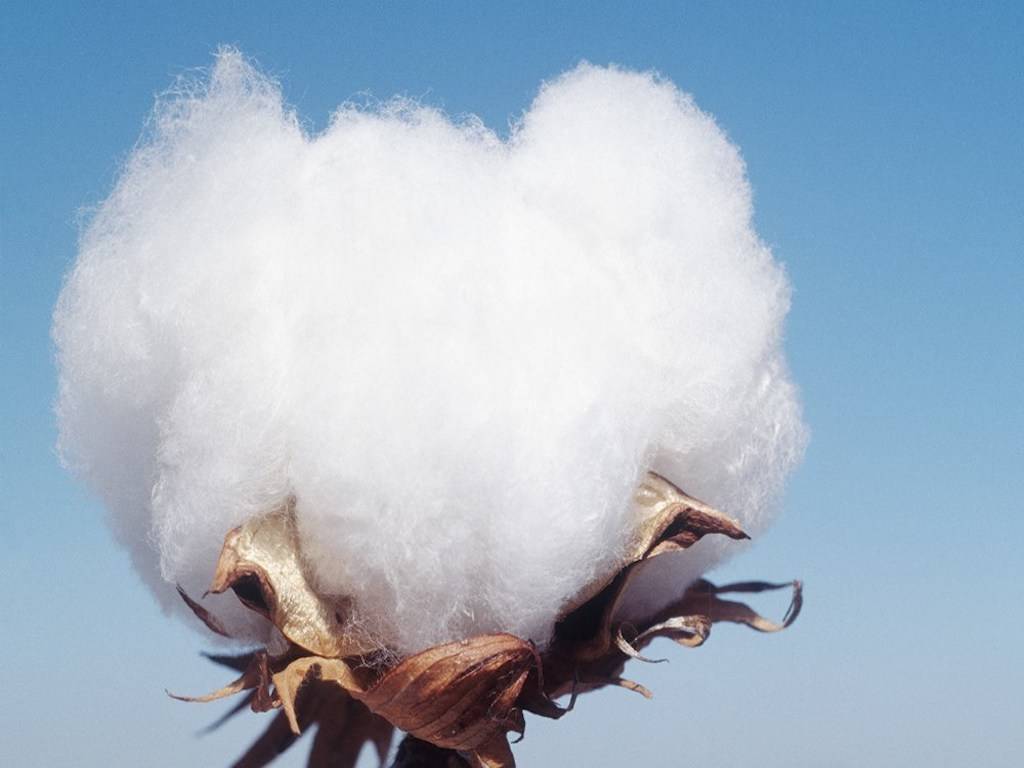
Due to expectations of higher yields, the Cotton Association of India (CAI) predicted cotton output at 360.13 lakh bales for the crop year (October-September) 2021-22 on Saturday. According to the CAI, overall cotton output in the previous season was estimated at 353 lakh bales, which is 7.13 lakh bales less than the current season.
"The cotton output is projected to be great, and due to adequate water availability following a decent monsoon, farmers are expected to go for the third and fourth pickings," CAI president Atul Ganatra told PTI.
The entire expected cotton supply for the 2021-22 season, through to September 30, 2022, was 445.13 lakh bales, consisting of 75 lakh bales of opening stock at the start of the season, 360.13 lakh bales of crop for the season, and 10 lakh bales of imports.
Domestic consumption for the 2021-22 crop year is expected to be 335 lakh bales, the same as last year, according to the CAI.
The CAI forecasts 48 lakh bales of cotton exports in season 2021-22, compared to 78 lakh bales in 2020-21.
"We expect exports to be lower this season than last," Ganatra added, "since domestic cotton prices have firmed up to be on level with US rates."
At the end of the season on September 30, the carryover stock was anticipated to be 62.13 lakh bales.
Earlier this month, Cotton experts also commented that the production may increase as farmers are likely to extend picking. Unusual rains in producing areas may enable cotton growers to collect their crop for the third and fourth time this season. Check all details here.
About CAI
Since its inception in 1921, CAI has been delivering a wide variety of services to the full cotton value chain. CAI represents all components of the country's cotton trade and textile industry, including Mill Buyers, Growers & Growers Cooperatives, Brokers, and so on. CAI is linked with 17 Regional Cotton Associations and 4 Cooperative Marketing Societies, which cover all upcountry cotton growing areas of the country and are represented on its Board of Directors as Associate Directors.
















